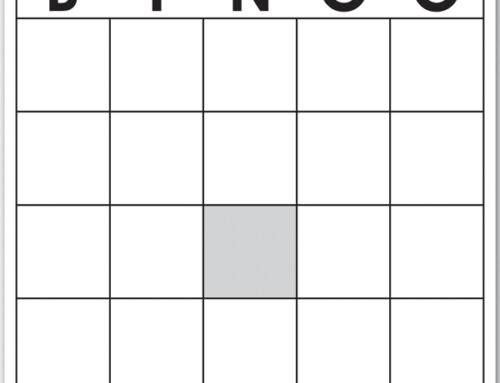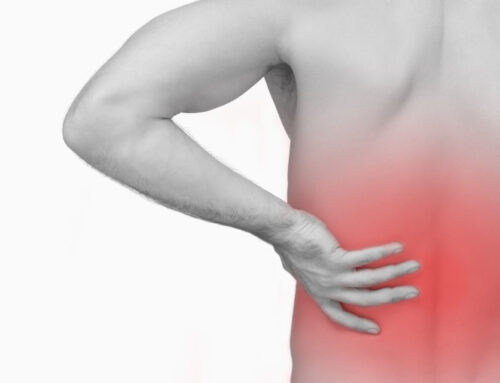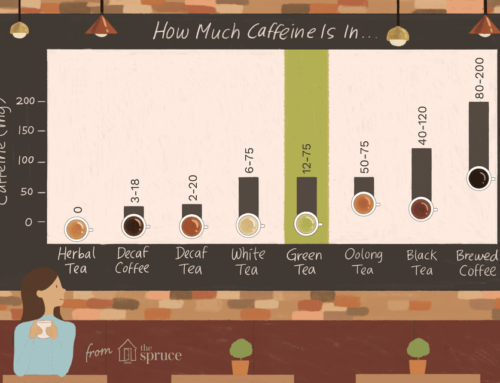My wife is an English Language Arts Teacher at the middle school level, but that’s not what this is about. I just wanted to illustrate how words matter, tenses matter, and tone matters… I hear that every day. Keeping that in mind, it brings us to the subject of herniat-ED disks. Herniat-ED (meaning past tense) because the disk is no longer in a constant state of herniation (except in very rare cases). That is to say, that yes, disks can slip out and slip right back in. The majority of disks do, in fact, slip and return without us recognizing. The bad disks are usually the ones that force our attention.
These disks are not weak and floppy by any means, sliding wherever they like. The disk itself is composed of a jelly-like substance called the Nucleus Pulposus (Nucleus meaning central and Pulposus, like the pulp in your Orange Juice) and is surrounded by multiple layers of collagen (tough fibers that prevent leakage). The jelly-like Pulposus squishes and changes and can withstand the twisting and bending forces necessary for the spine to move as desired. There are two kinds of herniated disks: bulging and herniated. This first kind, “bulging,” results in <50% of the disk (collagen+Pulp) to move backward or sideways, thus compressing on nerves and tissues. This compressing can cause pain into the low back and, sometimes, legs. The second type, a herniated disk, is more severe. In this case, the collagen surrounding the Pulposus has cracked and the Pulp is leaking out into the surrounding spinal structures. Herniated disks tend to be more severe because the Pulp reacts with surrounding nerve roots and, once the disk recedes, it may take 1-2 years for the tough collagen to regenerate and support the Pulp.

As a healthcare provider, I hear and empathize with patients’ descriptions of their pain and symptoms and do my best to educate throughout the entire process. Words like “Blown Out” or “Threw my back out ” when describing a disk herniation are tossed around all the time, but there is seldom enough education provided to offer encouragement and support to those individuals with their backs “blown out.” As stated above, disks can heal over time and physical therapy can help prevent the disk herniation from recurring again. By strengthening surrounding musculature and preparing you to perform functional lifting, a physical therapist can help to ensure that a disk herniation does not turn into a chronic occurrence!
https://www.mayoclinic.org/diseases-conditions/herniated-disk/expert-answers/bulging-disk/faq-20058428







